OUR Life in WordsEverything about Outloud Apps and our view to speech therapy.
|
|
|
14/11/2017 1 Comment AUDITORY VERBAL THERAPY (AVT)At a workshop organised by Outloud in Tampere recently, a group of therapists and researchers who specialize in childhood hearing impairment explored, discussed and even witnessed some of what Auditory Verbal Therapy (AVT) has to offer. This approach is founded on maximizing the astonishing auditory learning potential offered to children by early identification and intervention combined with state of the art hearing technology.
The other defining feature of AVT is putting the children’s parents at the center of the therapy program, by offering them regular coaching sessions, together with their child, so that they are the people who make the difference. With intensive support in communicating, playing, talking, singing, and doing things together, they can bring their child into the listening and speaking world that surrounds them. Elizabeth Tyszkiewicz, an experienced LSLS Cert AVT from the UK, led a two-day course, with the participation of some delightful young cochlear implant users. There is now strong interest in Finland, and some ideas for training initiatives were discussed. It will be important to have a general information meeting to which families, pre-school workers, teachers and others are invited, so that people can decide for themselves what they think the benefits of AVT may be. Here is one opinion from an experienced parent in the UK: “AVT is a fun, intensive approach that requires a collaborative effort from therapist, parents, and others involved with the child. At times, it felt quite daunting, but has certainly paid off for us. It can be integrated into everyday life without much effort as it is an excellent method of developing and improving understanding and communication.”. To find out more, check these websites: www.avuk.org, www.agbell.org, www.jtc.org, www.evdcweb.org or, even better, keep an eye on the Outloud website for the next AVT event in Finland! Written by: Elizabeth Tyszkiewicz ps. Two day intensive course will be organized 26th-27th of January 2018 in Tampere
1 Comment
We are excited to tell you all that Outloud is developing a singing training application to help aphasia patients. Outloud is proud to be part of the research project with the University of Helsinki. During this project Outloud develops a vocal training application for aphasia patients. With this application aphasia patients participating in choir training can continue to practice singing at home.
The application by Outloud is developed to support training and will be downloaded to trainees tablet devices. The application records the produced singing and analyzes its acoustic features (pitch, rhythm and intensity) and provides motivating feedback. All this will help aphasia patients to continue singing and practicing. According to studies singing is a highly stimulating and versatile activity for the brain, combining vocal-motor, auditory, linguistic, cognitive, emotional, and social brain processes. Compared to speech, singing induces more extensive and bilateral brain activation, engaging especially the right hemisphere. Outloud's application will be tested and piloted with aphasia patients and healthy people. Testing is done together with the researchers. With the application you can practice songs almost like karaoke style. In this project Outloud is participating in a research study of the effect of music-based rehabilitation in aphasia patients. The research is carried out in cooperation with the Helsinki University Hospital, Aphasia and Stroke Association and Finnish Brain Association. Past collaboration with researchers and Outloud's expertise in developing voice-controlled games, voice analysis applications, and audio libraries makes Outloud a great partner for the project. The project is part of the research project (2017-2020) of the Faculty of Medicine of the University of Helsinki funded by the Academy of Finland. The project also contributes to the top projects funded by the Academy of Finland, which aim to find effective solutions to promote well-being and health through research. The range of speech therapy and educational apps is growing day by day and we all want to be up to date with how technology can facilitate the sessions with our little patients... But how to use these apps in the most effective and diverse way? We think, only by sharing ideas with each other! So today's post is about multiple uses of just one app — on the example of our latest release Citymals. Let's start with the main purpose of a voice-activated game — to encourage the little user to produce sounds. You can start with simple "aaa" and "ooo" and focus on producing louder or quieter sounds, and microphone calibration is your number one friend (read more about calibrating apps here). The next step is to practice difficult sounds, such as "rrr". Use Citymals as a timer for one repetition — in order to make the game change something on the screen, the user should make a sound of longer than approximately a second. A dozen or two of such repetitions while the kid is completing the level — and their R will improve little by little! This tip was suggested in the KaylaSLP blog when Kayla was reviewing our another voice-activated app Leaping Leo. Citymals and Leaping Leo can be used in similar ways, so give R a try! (Here's a blog with great tips on eliciting the R sound). The next step could be to ask the kid say words instead of separate sounds, something that bigger children can do to improve articulation. This tip we got from another Leaping Leo review done by Desiree in the SLPTalk blog. Citymals probably wouldn't allow you to say whole phrases and tong twisters, but separate words would be perfect! If you're having a group of children during one session, using a voice-activated app is still a great idea! Ask the kids to keep quiet while one of them is using the app — and teach them to take turns and respect each other! Finally, after the therapy session is over and the family gathers at home in the evening, you can continue using Citymals to teach the child about emotions or causalities. When you see squirrels wrestling over the acorn or ducks running away from the dog in the screen, discuss why they might be doing this. What emotions do the characters feel? Why does the rainbow appear after the rain? And why an owl appears in twilight? Ask the child to pay attention to such things and teach them about the world around us day by day! Wow, hard to imagine that one educational app can have so many uses! SLPs, if you have tried some of these ideas, we'd love to hear how it went! Moreover, if you come up with more ideas, please let us know in the comments below! And, of course, if you haven't done so yet, download Outloud Citymals for iPad by clicking the button below: When you use a voice-activated app during a speech therapy session, it's vital to make sure the app is calibrated. Otherwise it won't react to the user's voice or, on the contrary, will respond to any noise in the room which would make the exercise less effective. Let's talk about the right way of calibrating — using the example of Leaping Leo! When calibrating any voice-activated app, make sure to check the instruction provided by developer. We would suggest adjusting the scheme we described to each individual situation, if you feel it's necessary. For example, if you're working with a little patient who speaks too quietly and the goal is to encourage them to be louder, make the microphone sensitivity lower so that the kid would have to to speak up. If you know there's going to be some noise in the room that might interfere with a game (we all have been in the situation when construction workers start drilling when you are in the middle of something...) — make the mic sensitivity lower. However, don't do that if you're having a group of students at one session! Better teach them to respect that it's someone else's turn now and ask them to be quiet.
We hope this was helpful! If you have any questions about calibrating Outloud's apps, leave a comment below. If you haven't done so yet, download Leaping Leo from AppStore and help someone speak outloud:
Here, at Outloud, we care about creating fun and educating games. At the same time, we make a point to ensure kids and families can enjoy our games without concerns for their privacy and safety. This short document explains what kind of data is collected by the game “Citymals”, what happens to it, and what it is used for.
We don't collect personal data The Citymals game does not collect nor share any personal information to any party. In particular, the game does not access player demographics (age, gender), device location, device owner account, phone contacts, phone SMS or other apps contents. The game allows user to record voices and the recorded voices are stored into device memory only. We use technology which collects technical data The Citymals game relies on technology created by Unity Technologies. Unity collects some technical information for internal purposes to help them analyze game performance on various devices and the kinds of hardware games are being installed upon. The Citymals game has no control over how Unity uses collected technical information. Please read Unity Privacy policy for details about data collected by Unity. We don't have ads The Citymals game does not use any advertising services and the game does not display any ads. We don't have links out of the app The Citymals game does not have any links out of the app to websites, app store, or other apps. Final words This privacy policy was last updated on Feb 7th 2017 and may change from time to time. If we make any material changes to our policies, we will place a prominent notice on our website and application. If you have more questions about Privacy Policy, please contact us at: [email protected]
Hey SLPeeps, hope you're doing well! Our team has been working on two new apps for speech therapy, and today we're gonna tell you about one of them. Ladies and gentlemen, Outloud proudly presents Citymals!
Citymals is a voice-activated game, and the idea is simple: when the user produces a noise, the scene changes. The objects start moving, animals jump out, the sun rises and goes down at night... all thanks to the power of your voice! Completing level after level, you discover more and more objects hiding on the screen — there's so many things that it won't be boring, we promise!
The goal off the app is to encourage small kids to produce sounds and play with their voices. Thus, this app is a tool for SLPs to use in the sessions: help the kid practice the sounds of different pitch, volume, long vowels or consonants... it's up to you!
Here's more about the app's compatibility:
- Citymals is compatible iPad; - The app is also compatible with iOS 8.0 or a more recent one. - We recommend playing Citymals with kids who are 5 years old or younger; Download Citymals from AppStore here (price: $3.99) and teach a kid to speak outloud! Before buying a mobile app, we all look at reviews. How did people rate it? What do they say about it? All this is important before making a decision, especially if the app will be used by a kid. So here’s a list of links with reviews of our Outloud Timer app. The list is constantly updated because we’re a startup seeking honest feedback wherever possible ;) And, of course, we’ll be happy to receive it from you, for example, in a private message or in a post on our wall. This way we can improve our apps further! “Not only did my kids enjoy the stars (that appear after time is out) but also it changed their perception of their break ending from a not-so-positive thing to “Hey! That’s cool,” perspective.”
Read more in the Speech Me Maybe blog. “I would recommend this app for those who have clients that need a visual timer. Often giving them the control of the timer can make a session go smoother.” Read more in the The Speech Place blog. "I loved how the background was fun with a volcano and tunnel. With the items in the background you could even use this app for following directions or basic concepts! Gotta love those double duty apps!" Read more in the The Speech Bubble SLP blog. "Digital clocks and timers are great and convenient, but they aren’t teaching kids an understanding of the passage of time, and are more abstract. Outloud Timer is different." Read more in the SLP mommy of Apraxia/Dyspraxia blog. 16/1/2017 1 Comment Leaping Leo Review and App GoalsWe got a question from a blog called Speech MaterialGirl about the goals of the Leaping Leo app, and we thought it'd be good to cover this issue here. For SLPs who are used to voice-activated apps, it may be pretty obvious, but for others it may not, so let's get to know Leaping Leo together! Voice-activated apps are used to encourage kids to play with their voice and to produce sounds of varying length and intensity. When we designed Leaping Leo, we meant it to be a tool for kids to produce long vowels, but there's no limitations! For example, Kayla SLP suggested practicing the r-sound there (read her blog post here). Moreover, every level of Leaping Leo has a specific purpose that you can use in speech therapy sessions. Some levels focus on the number of sound repetitions, some — on the right timing in producing the sound, some — on duration or controlling the volume. Read our level guide here. Finally, SLPs often ask us what age group is this app for, and the answer is whatever age the patient that needs it is! The most important thing is that the kid thinks playing with Leo is fun, then the exercises will give the best results. Here's what Speech MaterialGirl shared with us: I took a quick look at the app and it's quite interesting. I like the voice activated aspect a lot. It would be helpful for those students that need to project their voice and perhaps those with selection mutism. It would be great for stuttering to practice keeping their voice on and voice control. For articulation, they can maybe practice their sound as in /g/ "go" or /s/"so".... What words were you anticipating they would use or did you think they would use a continuous vowel sound? I did see one glitch where I selected "exit" and it did something unexpected (I think it stayed on that screen). I found the 3rd level difficult but most kids do like a fun challenge. My students enjoyed the app, but had a difficult time controlling with their voice When we hear about someone having difficulties with controlling Leaping Leo with their voice, we say: Don't give up! It might be that you just have to get used to it and take your time to learn to control your voice. But it might also be that an SLP should calibrate the app, and the game will be activated by the voice of a different intensity! Check out how to calibrate Leaping Leo here, on the pages 2-3. Hope that was helpful! Download the app for iPad here and help someone speak outloud!
Hey, looks like the ASHA 2016 convention week is over now which feels weird! All the Outloud Apps team has been waiting for it for a few months, then during these couple of days so many things happened that it felt like eternity (in a good way, of course)... And now it's over, so all that's left is to recap (and decide who goes to ASHA 2017 in LA).
31/10/2016 2 Comments What's Outloud Apps?If you've just landed on our website, you're probably asking this question. So let us introduce ourselves: we're Outloud Apps team, nice to meet you! We develop the way to make speech therapy and special education more effective and fun. How? With the help of our apps for iPad, to be introduced below
|
AuthorUlla Sergejeff - SLP, CEO Archives
November 2017
Categories |
Home |
About UsFinnish app developer specializing in speech & hearing rehabilitation.
In Finland we run a speech therapy company, you can check it out here: www.outloud.fi |
Follow Us |
Contact |


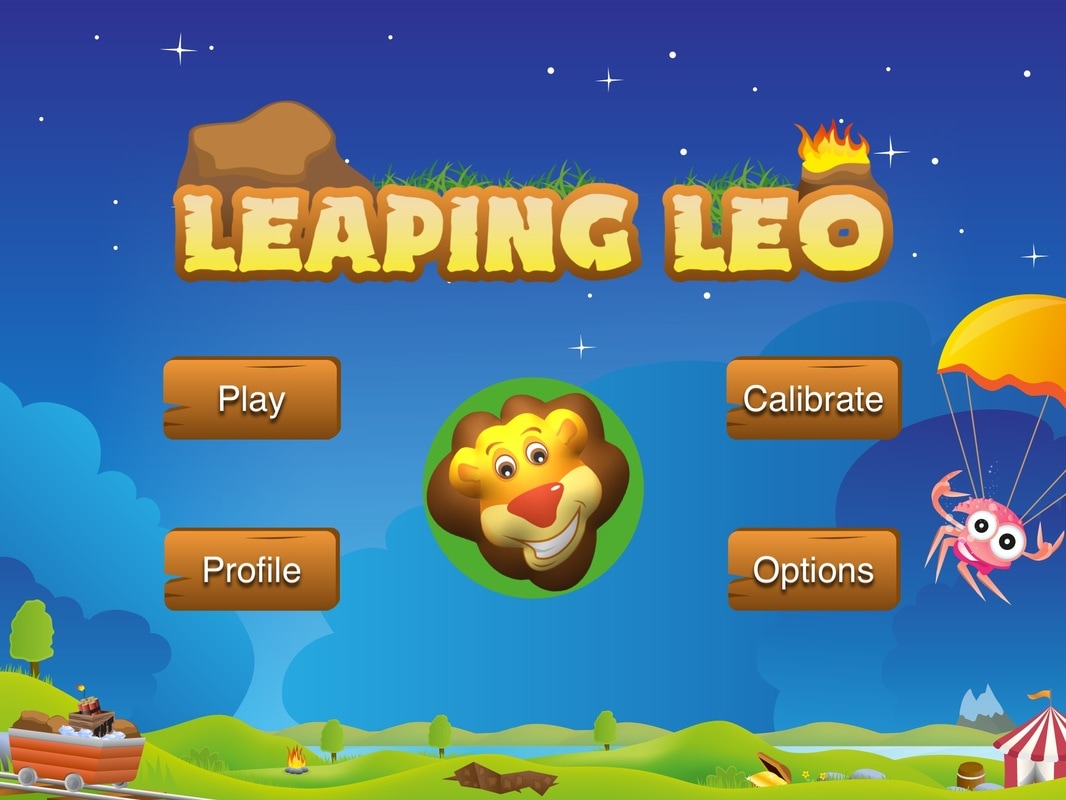
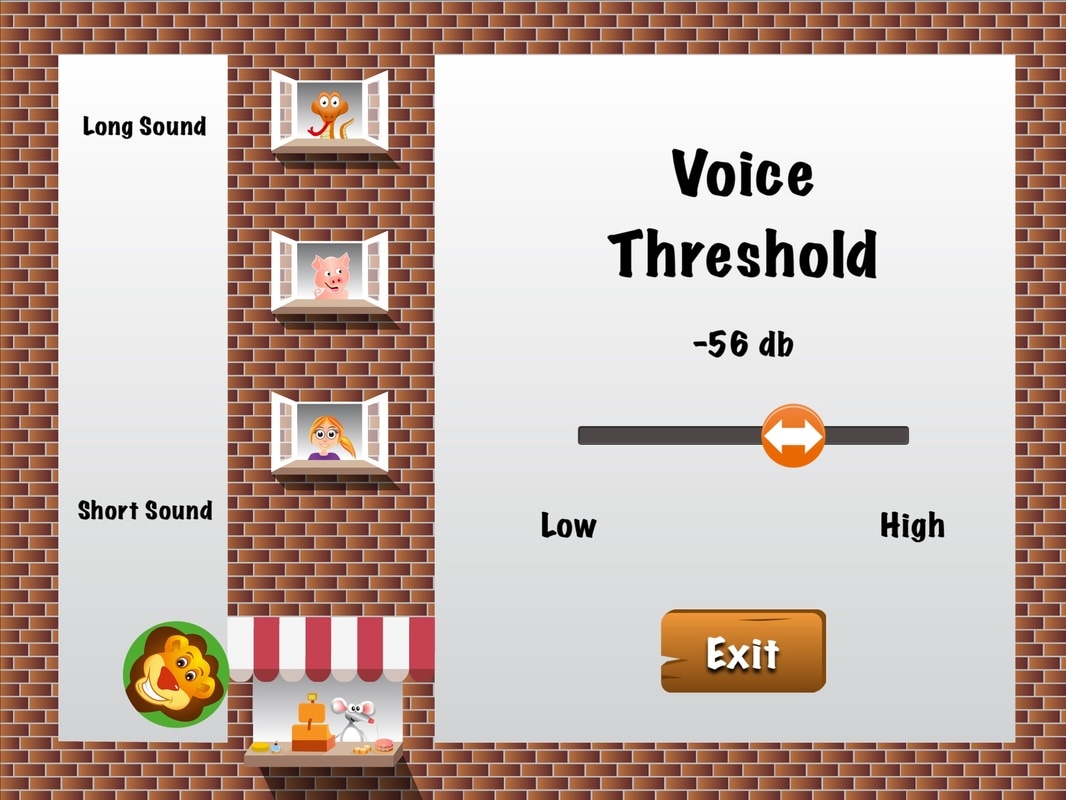
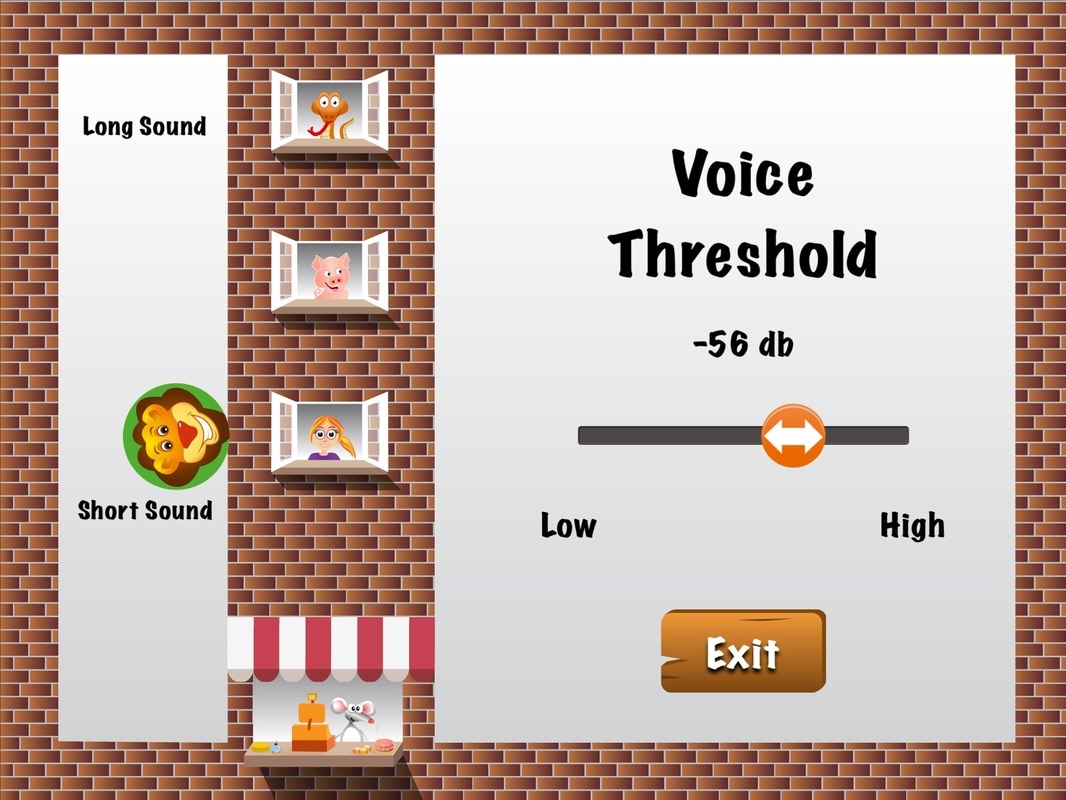
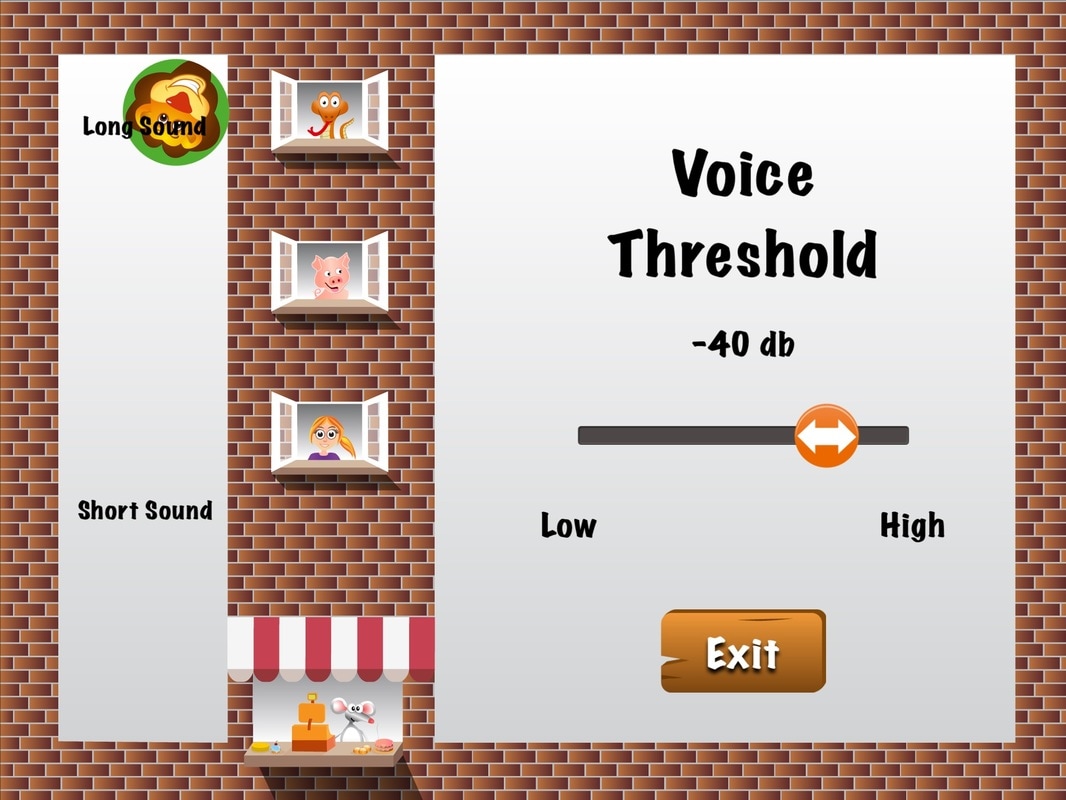


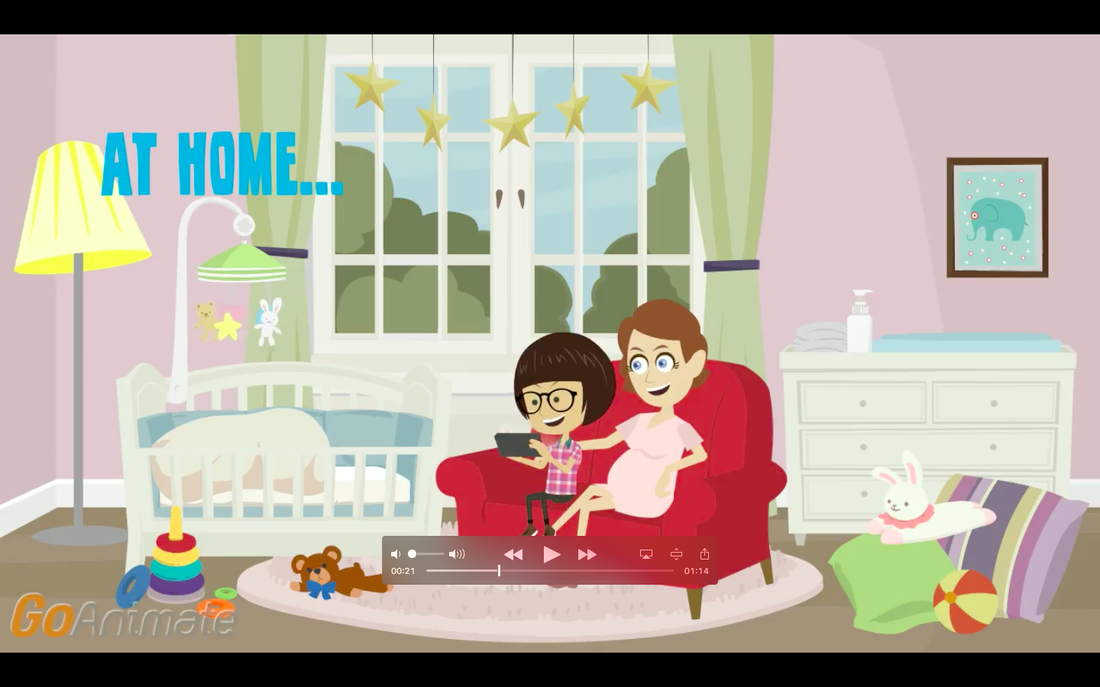
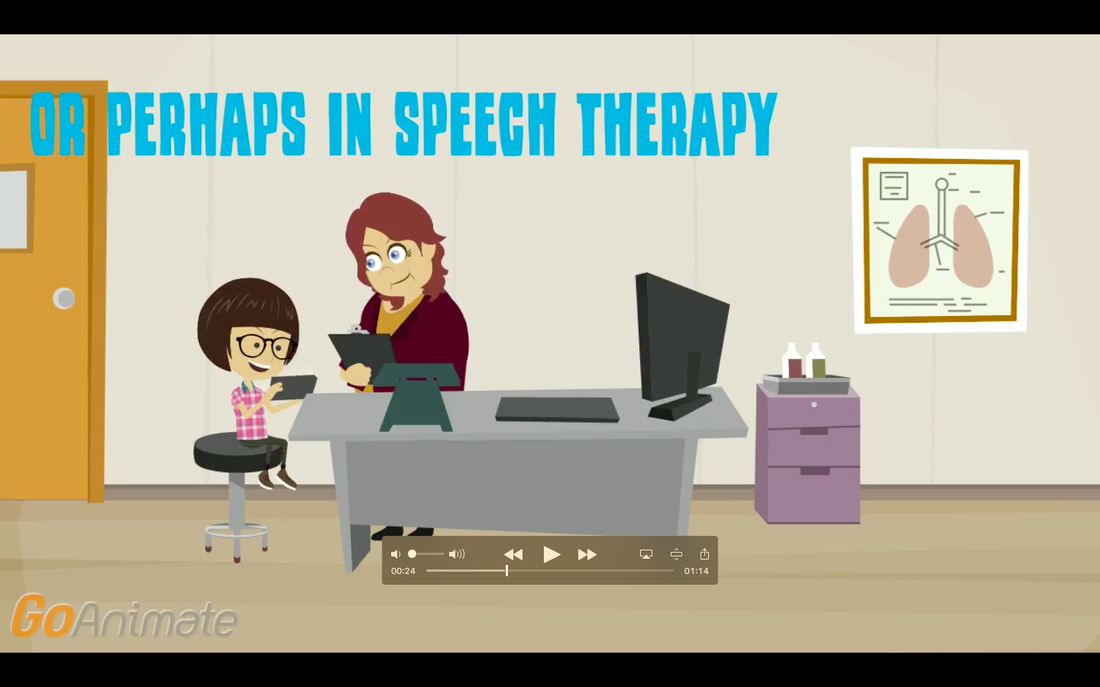
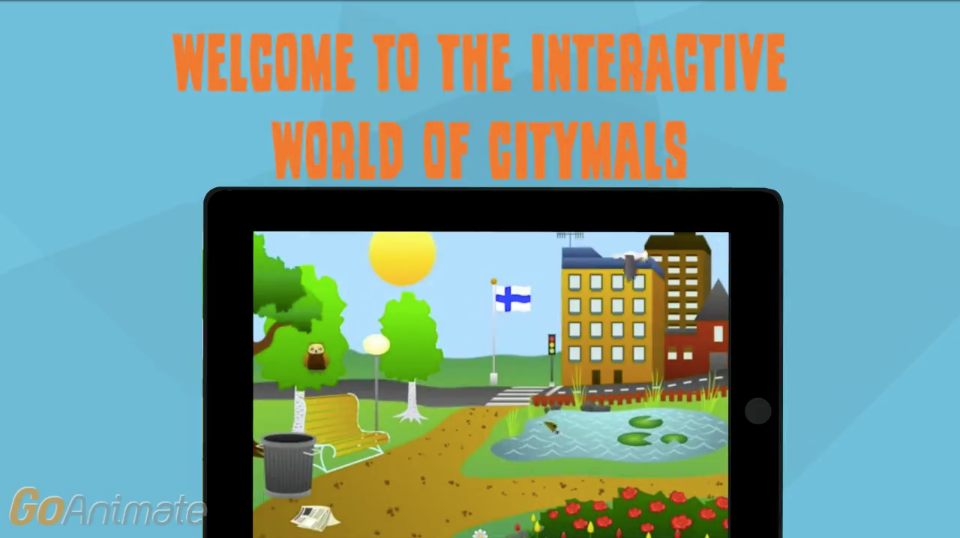
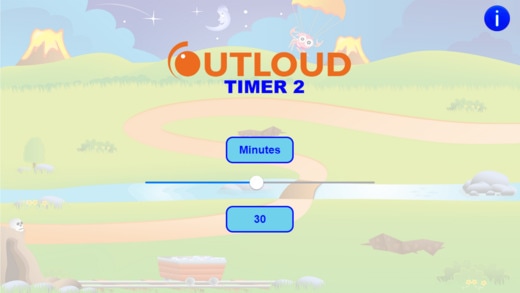

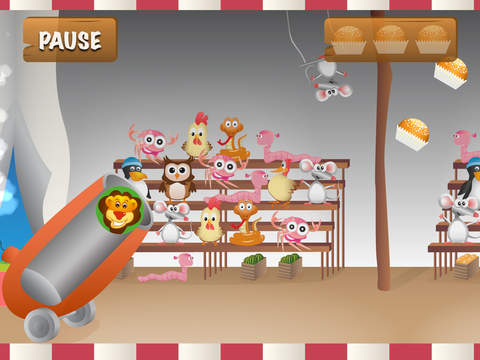
 RSS Feed
RSS Feed